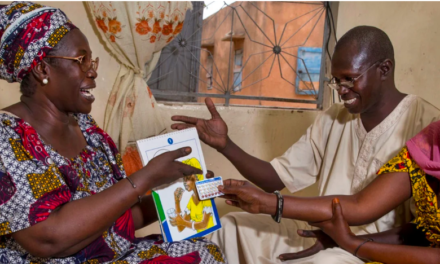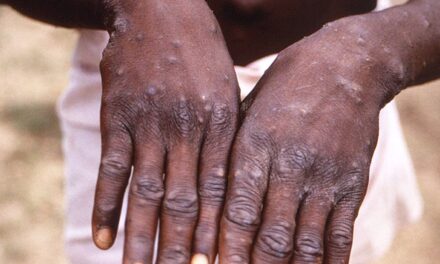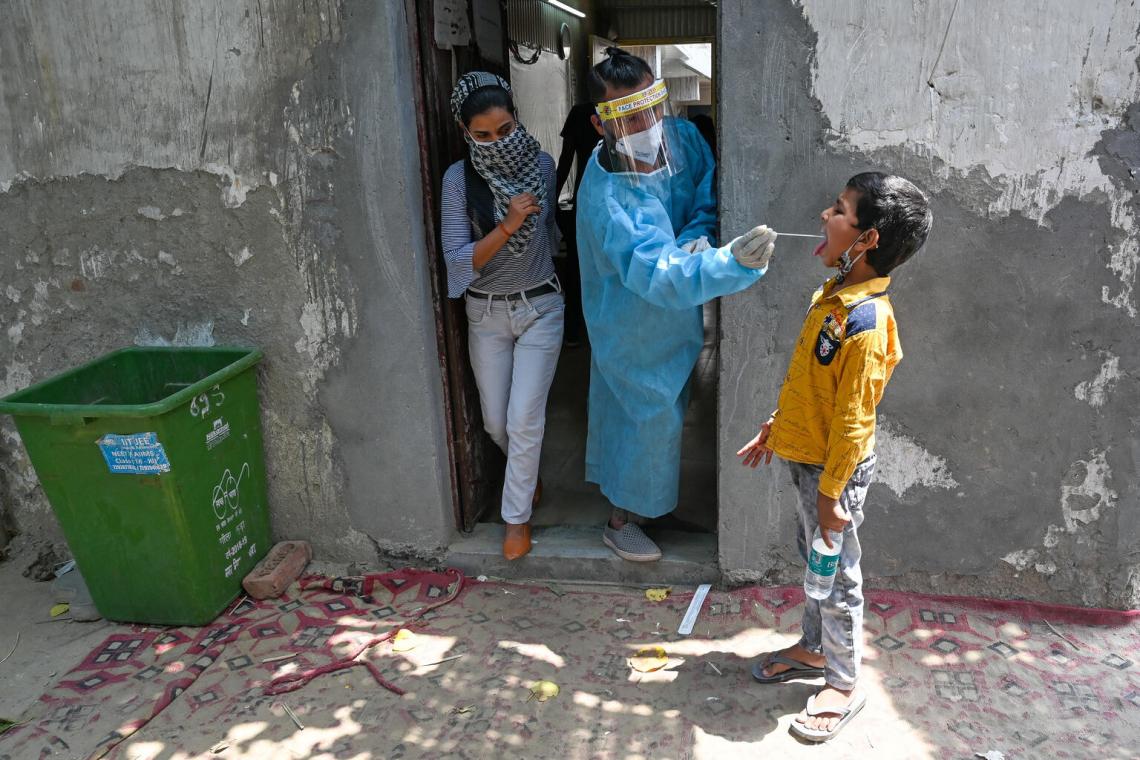The analysis looked at disruptions to four key HIV services, voluntary medical male circumcision, HIV diagnostic testing, viral load testing and programmes to prevent mother-to-child transmission of HIV. It compared COVID-19 deaths in 2020 and 2021 among health workers and clients due to keeping HIV services open with averted AIDS-related deaths occurring now and over the next 50 years due to maintenance of services. The models were applied to countries with a range of HIV and COVID-19 epidemics.
The COVID-19 pandemic has caused widespread disruption to health services with restrictions in population movements and health services suspended or limited in many countries. The analysis shows that the potential harm of additional COVID-19 transmission occurring in HIV health services need to be carefully balanced against the benefits of those services, which, the analysis shows, include fewer AIDS-related deaths. These results may seem intuitive, but it is important to realize that some services have been closed to protect people living with HIV from exposure to COVID-19 and its potential lethal outcomes. However, the risk of not keeping those essential HIV services open entails a greater overall risk of death related to lack of prevention of HIV, access to diagnosis and eventual treatment — these trade-offs are unacceptable.
While there is some additional short-term risk of COVID-19 transmission associated with providing HIV services, the risk of additional COVID-19 deaths is at least 100 times less than the AIDS-related deaths averted by continuing those services. Additional effort to encourage health care seeking for HIV services during the ongoing COVID-19 pandemic may be needed.
The full analysis can be found on medrxiv at: https://doi.org/10.1101/2021.03.01.21252663











